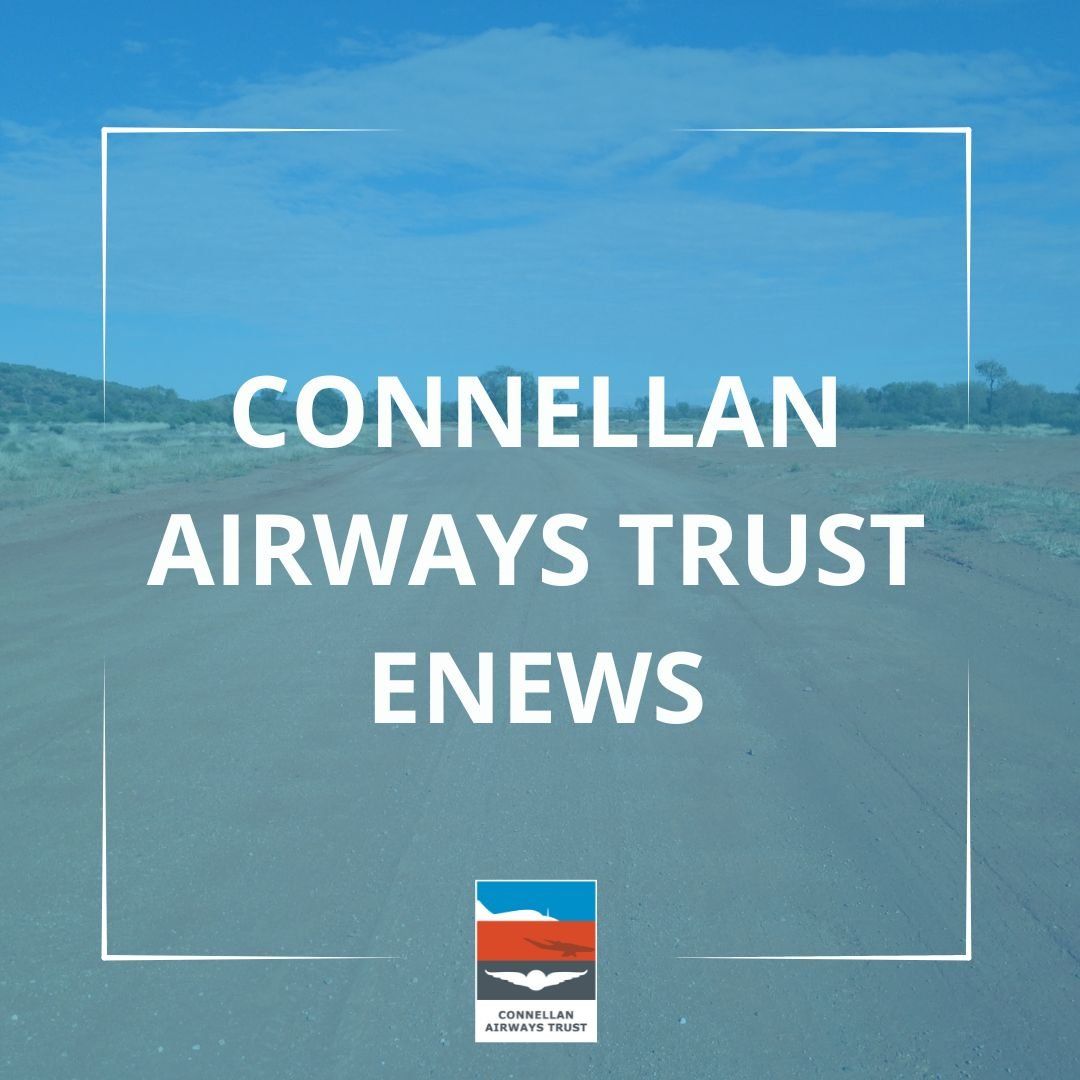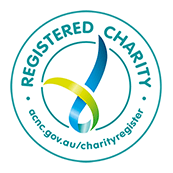New Grant Guidelines: Fairer, Clearer, and More Aligned with Remote Australia
The Connellan Airways Trust has released new Grant Guidelines designed to make applying simpler, fairer, and more transparent for people and organisations across remote and very remote Australia.
These updates take effect for the next round opening 1 November 2025, and reflect CAT’s ongoing commitment to best-practice philanthropy, ensuring every dollar delivers meaningful, measurable outcomes for remote communities.
Why the Guidelines Have Changed
Over the past year, CAT has reviewed its granting process to ensure it reflects best practice in community philanthropy. The new approach brings:
- Clarity for applicants through structured questions and clear eligibility criteria;
- Consistency for assessors via a weighted scoring system;
- Fairness in outcomes by comparing applications on their demonstrated need, impact, and alignment with CAT’s purpose;
- Recognition of real delivery costs through a “pay-what-it-takes” model that allows for modest project overheads and contractor fees.
Together, these updates ensure CAT’s grants are simpler to apply for, easier to assess, and more impactful for remote Australia.
What’s New for Applicants
For Individuals
Grants of up to $10,000 can now support practical, well-defined activities such as:
- Study or training fees, including TAFE and vocational courses
- Travel or accommodation for placements or professional development
- Tools, materials, or technology enabling participation in study or work
- Initiatives that improve local health, wellbeing, or leadership capacity
Each application will be assessed on six key questions: what you want to do, why it’s needed, who’s involved, your budget, how success will be measured, and how you’ll share outcomes.
Read the Individual Guidelines
For Organisations
Eligible organisations include registered not-for-profits and community groups auspiced by an NFP.
Funding supports small, community-led projects that:
- Build education, health, and wellbeing outcomes
- Strengthen local connection and participation
- Support leadership, innovation, and remote capability
Projects may include staff or contractor costs directly tied to delivery, essential materials, modest overheads or travel to remote program sites.
Read the Organisation Guidelines
How Applications Are Assessed
All eligible applications are reviewed and scored against six key questions, each carrying a different weighting to reflect its importance.
- What do you want to do? (20%)
Provide a clear and well-defined description of your project or activity, including what you plan to deliver and why. - Why is this needed? (25%)
Explain the challenge or barrier being addressed. Strong responses include local examples or evidence showing why the project matters. - When, where, and who is involved? (20%)
Outline your plan, timeline, and who will deliver or participate in the activity. Demonstrate readiness and local engagement. - Budget and value for money (15%)
Present a transparent and realistic budget that reflects the true costs of delivery, any co-funding, and overall value to the community. - How will success be measured? (10%)
Describe how you will know your project has made a difference, for example, through participation numbers, learning outcomes, or improved access and wellbeing. - How will outcomes be shared? (10%)
Explain how you will communicate or celebrate the results of your project, and how outcomes might be sustained locally.
Each question is scored from 1 (Low) to 5 (Exceptional). Applications are ranked in order of merit based on total score until the available funding for the round is fully allocated.
Example of Strong Responses
- A training applicant might describe how a short course in mental health first aid will allow them to better support isolated community members.
- A community organisation could outline how a new local event reduces social isolation, with data on expected participants and local partners.
- A health professional might demonstrate how new clinical skills will expand access to early care for remote families.
These examples all share the same qualities CAT is looking for: clarity, evidence of need, practical delivery, and measurable local benefit.
Looking Ahead
The new guidelines are part of CAT’s commitment to building stronger communities through fair, transparent, and measurable funding.
By improving clarity and consistency, the Trust can better support individuals and organisations who are removing barriers, strengthening leadership, and creating opportunities across remote Australia.
Next grant round opens 1 November 2025
See More








